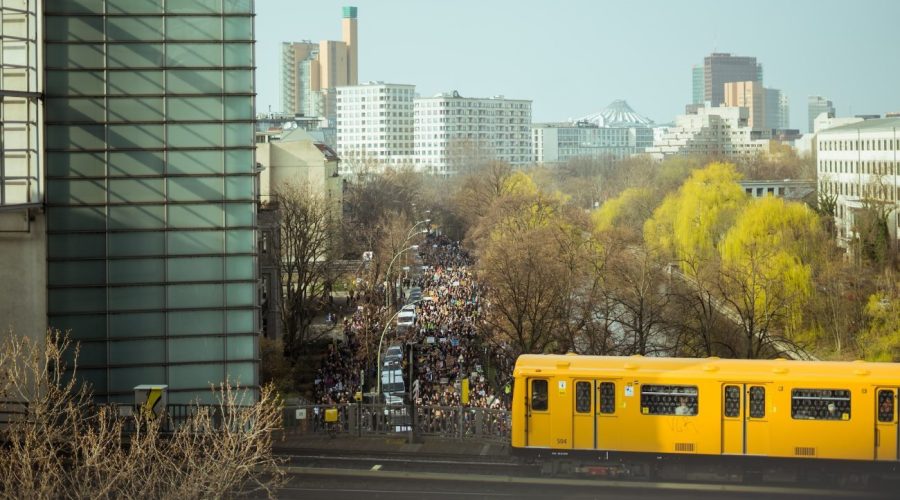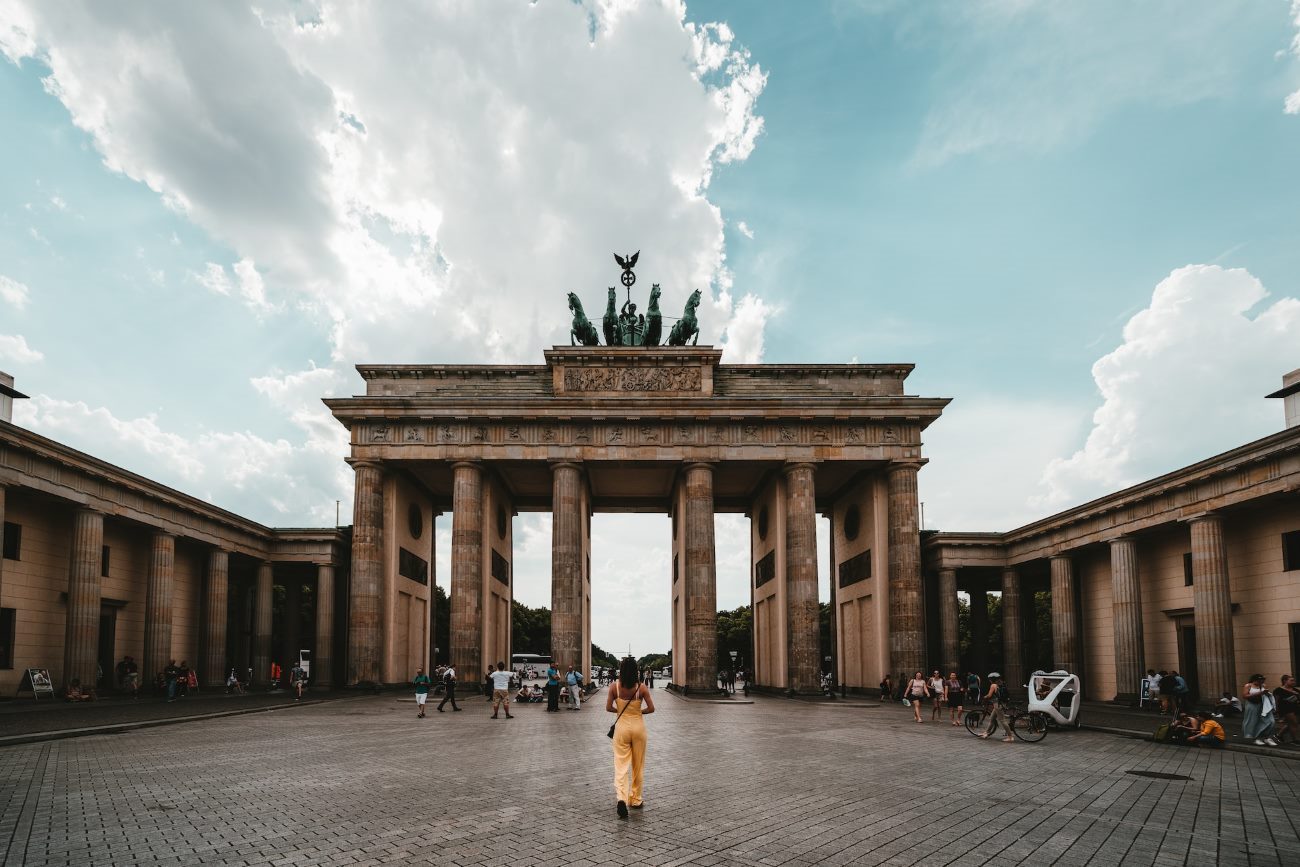How Much Should I Budget for a Trip to Spain?
Planning a trip to Spain? Congratulations! Spain has a rich amount of rich history, vibrant culture, beautiful beaches and delicious cuisine that can be explored. But before going on a trip, you need to be aware of the amount of money you will need to afford your trip. Let’s break down the most important things we’d need to keep in mind during the planning and go on without any surprises on your wallet.
Accommodation
Cost for accommodation in Spain can differ based on the city, time of year and type of accommodation. If you are on a strict budget, think of staying in the hostels or budget hotels which are in the price range of 15 to 50 Euros per night. Mid range hotels are more comfortable and they would cost between € 50-€ 100 per night. And prices on the luxury accommodations can reach €200 and beyond per night.
Transportation
The cost of transportation will depend on the way you choose to travel in Spain. Domestic flight within major cities like Barcelona or Madrid go for about €50-€150. Alternatively, travelling by bus or train is usually cheaper and prices vary from €20 to €70 based on the distance you are travelling.
Once in Spain, public transportation systems like metros and buses usually cost around €1–€2 per trip and you can explore cities using them once you arrive. Taxis are also an option but can run up the price a bit more.
Food
Of course, the cost of food will depend on where and what you eat in Spain. There is an abundance of options available in the realm of Spanish cuisine: tapas, paella. A meal in local restaurants or at a traditional street food can cost €10-€20. ‘Menu del Dia‘ or fixed-price menus are a good thing to look out for if you’re short on cash as they cost you about €10 – €15 for a three course meal during the course of the day.
Activities and Sightseeing
In regards to architecture, museums and historical sites, Spain is famous. Some of the attractions may allow access for free while the others may charge some fees on their entry. If your interests are activities and sight-seeing then the cost will depend on that.
In example, for visiting famous landmarks like La Sagrada Familia in Barcelona or the Alhambra in Granada, you’ll be paying anywhere between €10 and €25. You can find discounted entrance fees in museums for students or seniors. A good way to start is to research the attractions that are on your list and budget for the activities that you intend to do.
Additional Expenses
Besides the main expenses mentioned above, also set aside a budget for other mandatory costs such as:
- Always get a travel insurance to be protected against unexpected events.
- Visa: there is fee for visa which you have to pay if you are not Spanish national.
- Shopping & Souvenirs: It is best to have the money available for souvenirs or shopping but remember how much you can afford.
- Spain: Tipping is not mandatory in Spain, however, it is customary to leave a small tip for excellent service.
Budgeting Tips
Given that you are planning to travel to Spain, here are a few more tips to help you tighten your budget if you are going there.
- Research and Plan: Research out prices’ in advance and write down a plan to keep track on your expenses.
- Traveling Off Season: A visit within the shoulder or off season might mean reduced costs on the flight and accommodation.
- Reach out to Other Independents: Other independent sellers can be purchased from on Amazon to check out their products, or you can even view their listings.
- Budget Friendly: Not only is public transportation budget friendly, it provides you with the enjoyment of learning the local culture.
- To this extent, consider the existence of such things as Money Saving Passes, like you’d get in a city like Barcelona where they apply discounts on what you can do and where you can travel around the city.
Conclusion
After having an idea of the main expenses when traveling to Spain, you can make your budget realistic. Seed season, the cities you are going to visit and your travel preferences should be taken into account. If you budget wisely and follow the advice in this guide, you’ll be able to have an extraordinary experience in the wonders of Spain for little money. ¡Buen viaje!
Table of Contents



